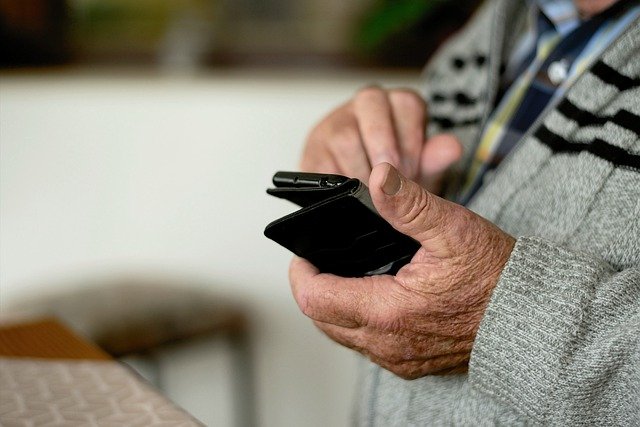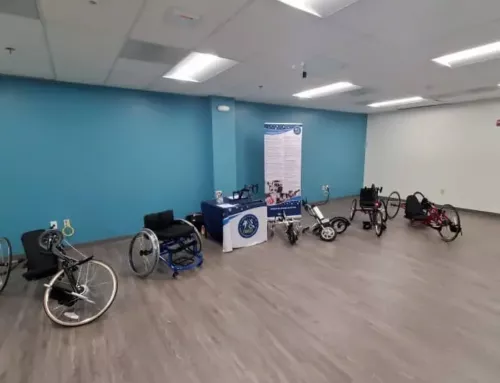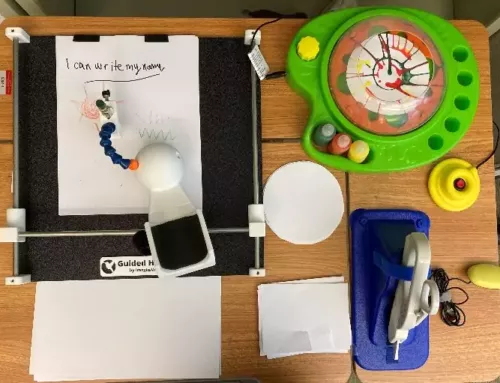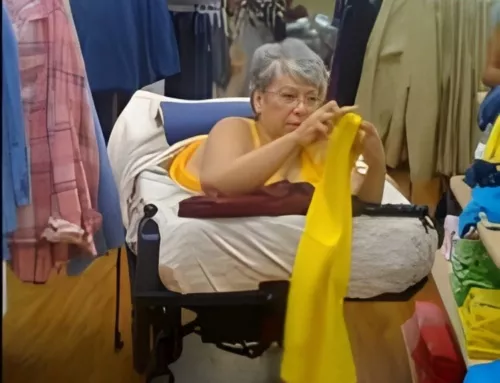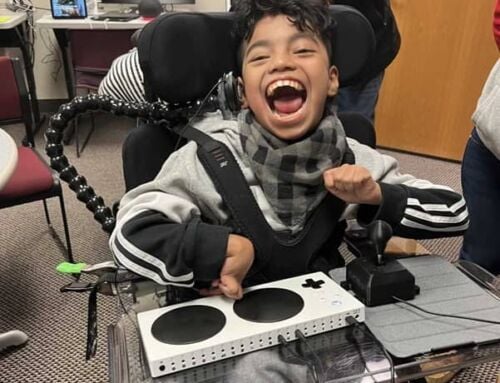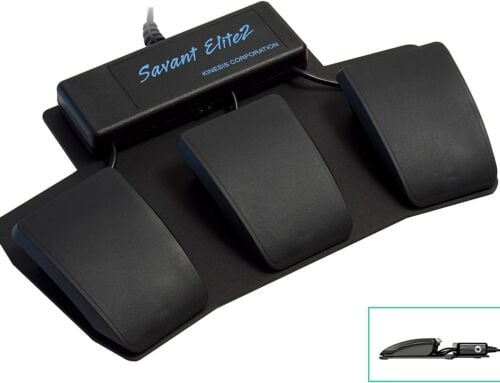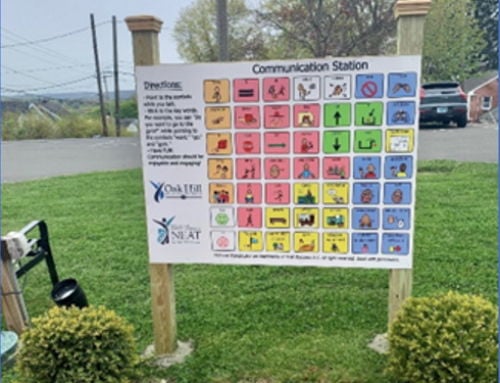A.T. Programs Support Accessible Information

Inaccessible COVID-19 websites and documents lock out the very users most at risk from the virus.

As individuals with disabilities, seniors, families, and caregivers across the country work to keep up to date on the latest COVID-19 guidelines, restrictions, and opportunities for vaccination, State and Territory A.T. Programs are providing expertise to ensure COVID-19 information and other resources are accessible to individuals with sensory, physical, cognitive, and developmental disabilities.
Information that is accessible allows equitable access; it means no one is excluded because of a disability. The pandemic has spotlighted the need for accessible information and communication technology (ICT), inspiring new collaborations and a greater role for State and Territory A.T. Programs nationwide.
A.T. Program Highlights:
Georgia:
GA Tools for Life (TFL) has a contract with the CDC Foundation to create accessible CDC guidance on COVID-19. Since June 2020, TFL has worked with the CDC Foundation to provide access to digital and embossed braille, ASL videos, Easy to Read text, and a series of webinars. The project developed a Georgia Tech microsite to disseminate the materials widely and to accept requests for embossed braille. New content is being added to the site rapidly as more ASL videos and Easy to Read products are approved. Find accessible COVID-19 information.
Maryland:
MDTAP has been involved in the COVID-19 response from the very beginning with ICT accessibility.
“We’ve conducted evaluations of both the Google and Apple contact tracing apps before public release, remediated the Governor’s Executive Orders, and provided training to the governor’s communications team. We have worked to ensure the accessibility of individual state agency COVID-19 response websites and have been closely involved in ensuring that the state’s mass vaccination websites are accessible to all users, including options for requesting on-site accommodations and access to vaccination site maps in accessible formats. We’ve also coordinated with our agency’s Director of Emergency Preparedness to provide alternate formats of all documents made available at the mass vaccination sites and ensured that each of the mass vaccination sites include a range of assistive technology for consumers, along with signage indicating the availability of A.T.”
Read the complete AT3 Center Issue Brief on Accessible Information
Monthly Blog Digest
Search the blog
State AT Program Blogs
California
Florida
Indiana
Kentucky
Louisiana
Maryland
Massachusetts
Michigan
Montana
North Carolina
North Dakota
Utah
State AT Program Blogs
The AT3 Center, the Association of AT Act Programs (ATAP), and the Administration on Community Living (ACL) make no endorsement, representation, or warranty expressed or implied for any product, device, or information set forth in this blog. The AT3 Center, ATAP, and ACL have not examined, reviewed, or tested any product or device hereto referred.

